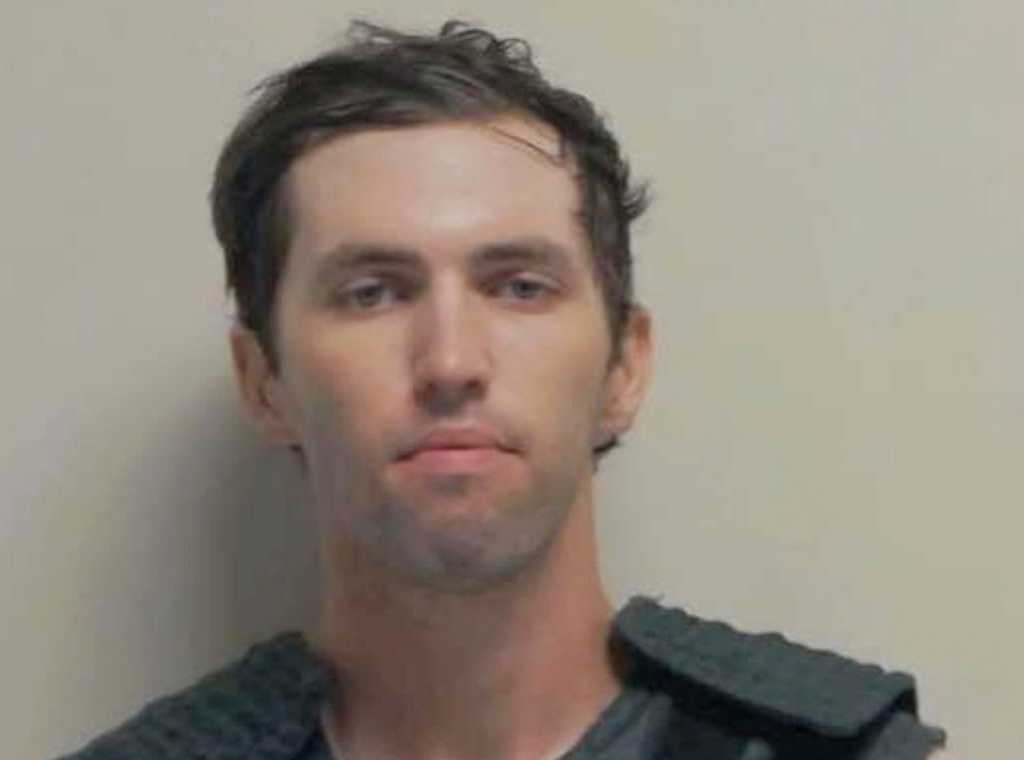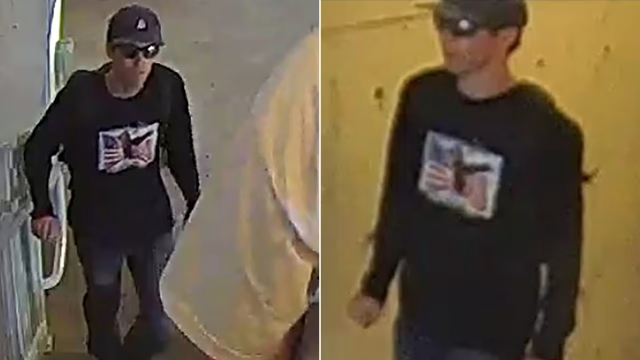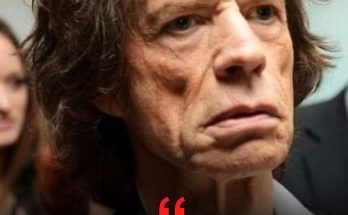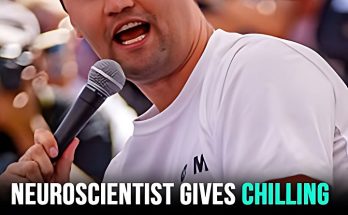Those were the first words to leave Tyler Robinson’s lips after he confessed to killing Charlie Kirk. Cold, steady, and chilling, they echoed through the interrogation room like a blade scraping across steel. Outside those walls, once the words were released, the nation erupted in disbelief. The confession was supposed to close the case, but instead, it cracked it wide open.
From the beginning, nothing about Robinson’s testimony aligned with what investigators already knew. He claimed he had acted alone, that no one had helped him, that the decision and execution of the act were entirely his. Yet the evidence suggested otherwise. Witnesses reported seeing more than one figure near the scene. Surveillance footage caught movements that did not match Robinson’s build. Even the timing of his supposed escape contradicted the official timeline.
The public, still raw with grief, clung to his confession at first. It was simple, direct, and seemed to give closure. But the inconsistencies gnawed at them. Could a man really be so reckless as to confess to a crime he hadn’t committed? Or was something larger at play — a hidden hand manipulating events, a puppet master hiding behind the chaos?

As analysts pored over his words, the contradictions grew impossible to ignore. Robinson described the weapon inaccurately, getting details wrong that only the real shooter could have known. He mentioned clothing he had supposedly worn that no one at the scene remembered seeing. He insisted he had fled through a route that cameras proved had been blocked at the time.
To some, it looked like a desperate man covering for someone else. But who? And why?
Speculation filled the void. Some said he had been pressured — that someone close to him had orchestrated the entire thing and forced him to take the blame. Others whispered of deals made in the shadows, promises exchanged for silence, or threats hanging over loved ones. In hushed conversations online, theories spread like wildfire: that Robinson was nothing more than a pawn, his confession staged to protect the true hand behind the assassination.
The police, for their part, offered no comfort. Officials admitted there were “discrepancies” in Robinson’s statement but urged the public not to leap to conclusions. To many, that sounded like an admission in disguise, a confirmation that the story was not what it seemed.

Meanwhile, Robinson himself showed no sign of cracking. Each time he was pressed, he repeated the same line with eerie calm: “I did it, and I did it alone.” It was as if he had rehearsed it, as if the words were less a confession and more a script written for him.
For Charlie Kirk’s supporters, the doubt was unbearable. Was justice really being served, or was the truth being buried deeper with each passing day? For his family, the uncertainty piled tragedy upon tragedy — not only had they lost a husband, a father, a son, but now they were forced to live with the gnawing suspicion that the real killer might still be out there.

The press called it The Shadow Theory. Pundits debated nightly whether Robinson was a lone wolf or a decoy. Commentators asked if a “puppet master” could be hiding in plain sight, pulling strings while the world focused on a man willing to shoulder the blame.
What made the story so haunting was not just the possibility of innocence or guilt — it was the silence of the unknown. If Robinson was lying, then he was protecting someone with terrifying reach. If he was telling the truth, then why did so much of the evidence say otherwise?
For now, the world waits, caught between closure and suspicion, between the neatness of a confession and the messiness of reality.
Because sometimes the most chilling words are not the ones spoken, but the ones left unsaid — the secrets still lurking in the shadows.
“I did it… and I did it alone.”
Those were the first words to leave Tyler Robinson’s lips after he confessed to killing Charlie Kirk. Cold, steady, and chilling, they echoed through the interrogation room like a blade scraping across steel. Outside those walls, once the words were released, the nation erupted in disbelief. The confession was supposed to close the case, but instead, it cracked it wide open.
From the beginning, nothing about Robinson’s testimony aligned with what investigators already knew. He claimed he had acted alone, that no one had helped him, that the decision and execution of the act were entirely his. Yet the evidence suggested otherwise. Witnesses reported seeing more than one figure near the scene. Surveillance footage caught movements that did not match Robinson’s build. Even the timing of his supposed escape contradicted the official timeline.
The public, still raw with grief, clung to his confession at first. It was simple, direct, and seemed to give closure. But the inconsistencies gnawed at them. Could a man really be so reckless as to confess to a crime he hadn’t committed? Or was something larger at play — a hidden hand manipulating events, a puppet master hiding behind the chaos?
As analysts pored over his words, the contradictions grew impossible to ignore. Robinson described the weapon inaccurately, getting details wrong that only the real shooter could have known. He mentioned clothing he had supposedly worn that no one at the scene remembered seeing. He insisted he had fled through a route that cameras proved had been blocked at the time.
To some, it looked like a desperate man covering for someone else. But who? And why?
Speculation filled the void. Some said he had been pressured — that someone close to him had orchestrated the entire thing and forced him to take the blame. Others whispered of deals made in the shadows, promises exchanged for silence, or threats hanging over loved ones. In hushed conversations online, theories spread like wildfire: that Robinson was nothing more than a pawn, his confession staged to protect the true hand behind the assassination.
The police, for their part, offered no comfort. Officials admitted there were “discrepancies” in Robinson’s statement but urged the public not to leap to conclusions. To many, that sounded like an admission in disguise, a confirmation that the story was not what it seemed.

Meanwhile, Robinson himself showed no sign of cracking. Each time he was pressed, he repeated the same line with eerie calm: “I did it, and I did it alone.” It was as if he had rehearsed it, as if the words were less a confession and more a script written for him.
For Charlie Kirk’s supporters, the doubt was unbearable. Was justice really being served, or was the truth being buried deeper with each passing day? For his family, the uncertainty piled tragedy upon tragedy — not only had they lost a husband, a father, a son, but now they were forced to live with the gnawing suspicion that the real killer might still be out there.
The press called it The Shadow Theory. Pundits debated nightly whether Robinson was a lone wolf or a decoy. Commentators asked if a “puppet master” could be hiding in plain sight, pulling strings while the world focused on a man willing to shoulder the blame.
What made the story so haunting was not just the possibility of innocence or guilt — it was the silence of the unknown. If Robinson was lying, then he was protecting someone with terrifying reach. If he was telling the truth, then why did so much of the evidence say otherwise?
For now, the world waits, caught between closure and suspicion, between the neatness of a confession and the messiness of reality.
Because sometimes the most chilling words are not the ones spoken, but the ones left unsaid — the secrets still lurking in the shadows.



